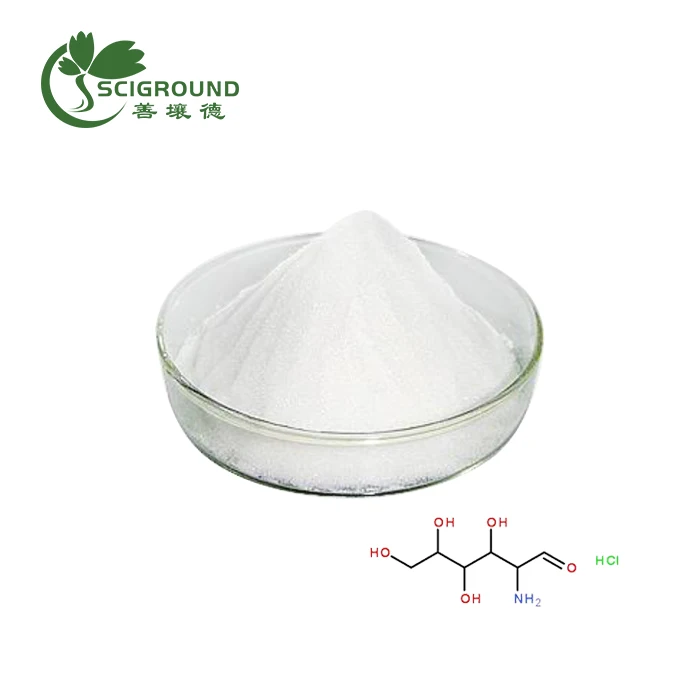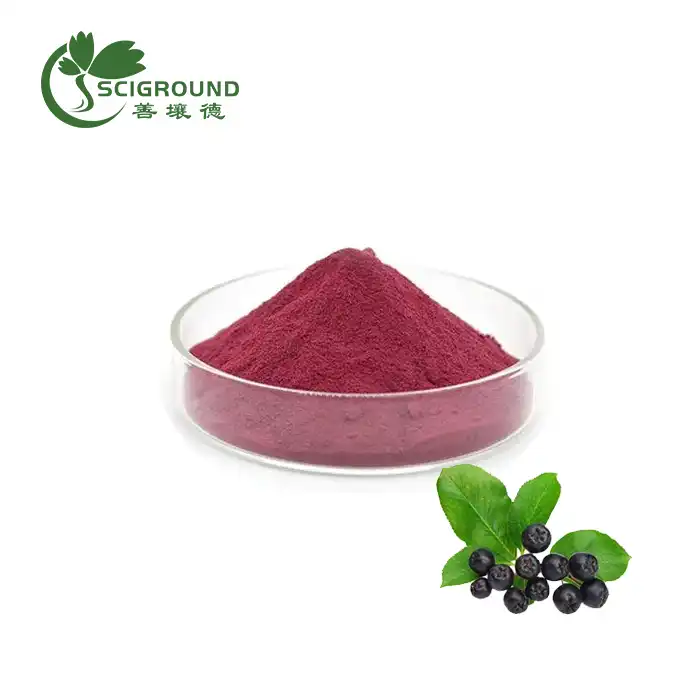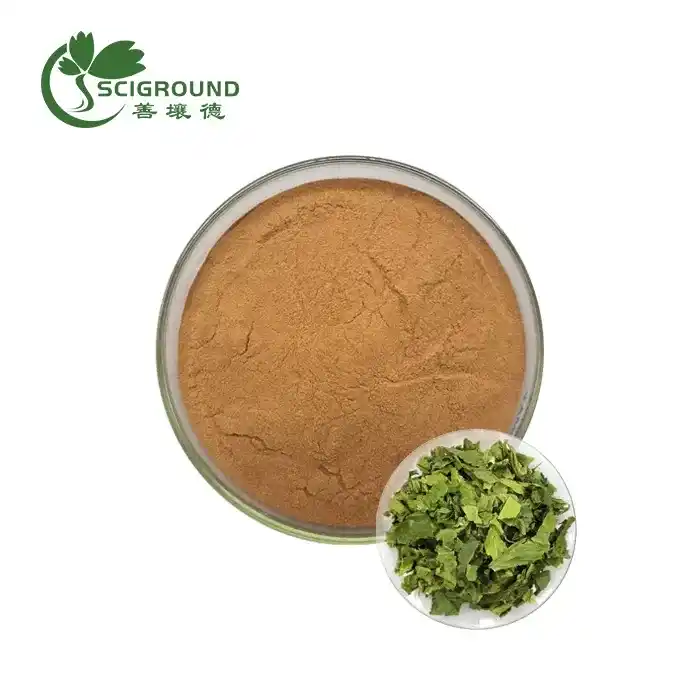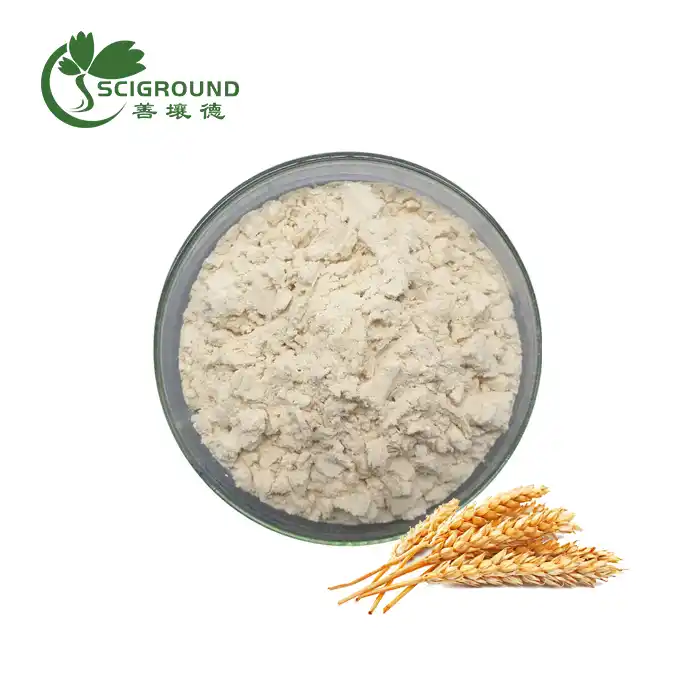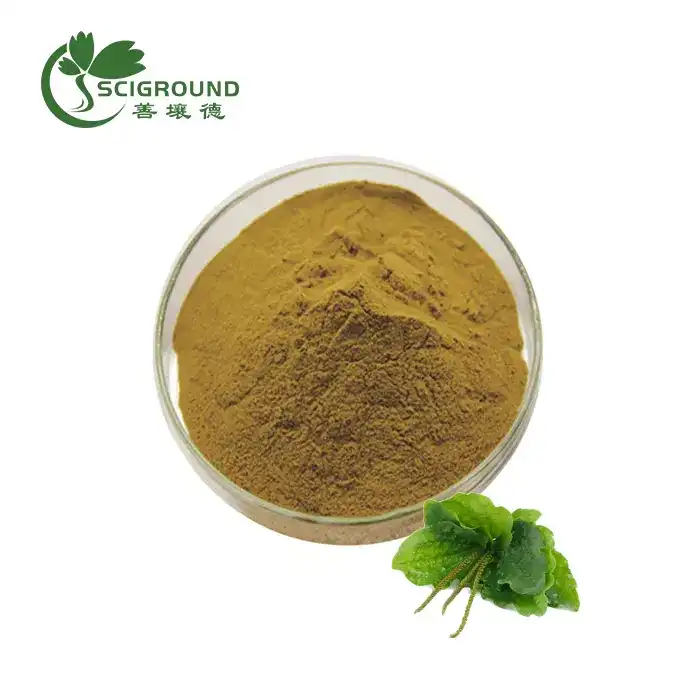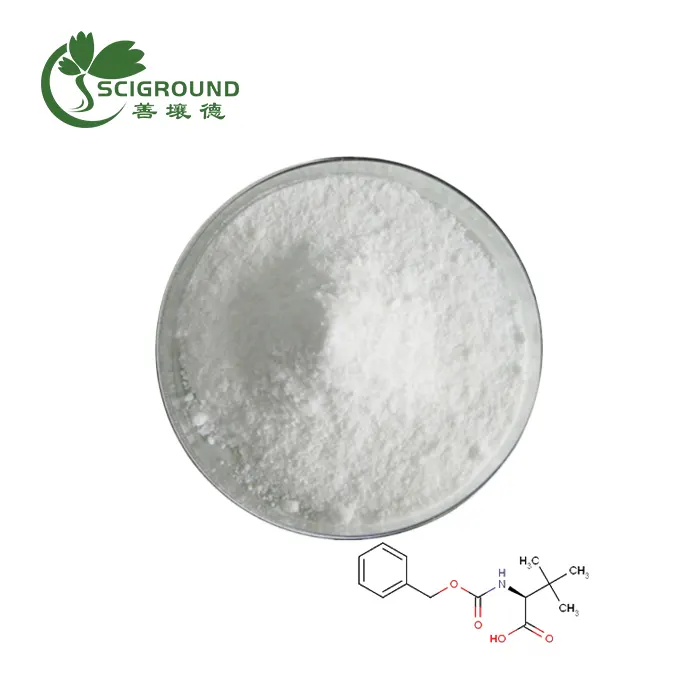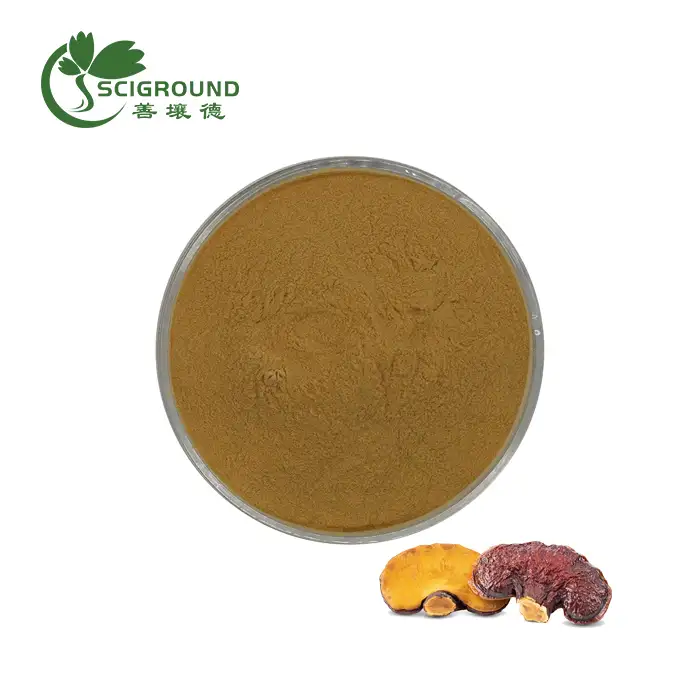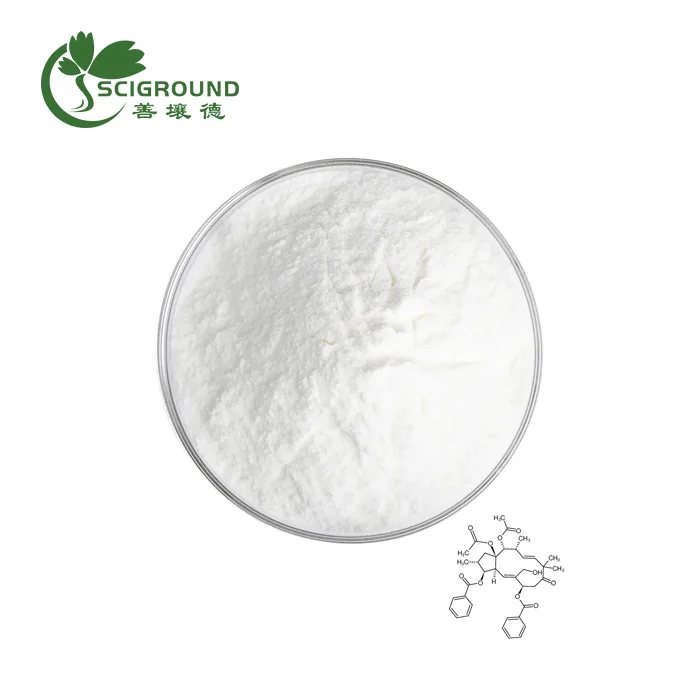Kudzu Root: Benefits, Uses, and Side Effects
In Chinese medicine, the herb kudzu is used to cure a variety of conditions, including diabetes, menopausal symptoms, alcoholism, fever, the common cold, and neck or eye pain. It is occasionally combined with other herbs. Kudzu may have anti-inflammatory and neuroprotective qualities, according to laboratory studies.
What is Kudzu Root?
Kudzu root comes from the kudzu plant, a vine native to China and Japan that is now abundant in the southeastern United States. The plant’s scientific name is Pueraria montana, but it’s also known as Japanese arrowroot, Ge-gen, and Pueraria lobata.
Kudzu has long trailing stems that can grow up to 100 feet long. The leaves are oval with three broad lobes. Purple flowers bloom on the vine during late summer months. The kudzu plant produces brown, hairy root clusters that can weigh up to 400 pounds!
These large, tuberous roots have traditionally been used in Chinese medicine. Kudzu root contains beneficial compounds like isoflavones, saponins, starch, and more. Extracts, powders, capsules and teas made from kudzu root are taken for various potential health benefits.
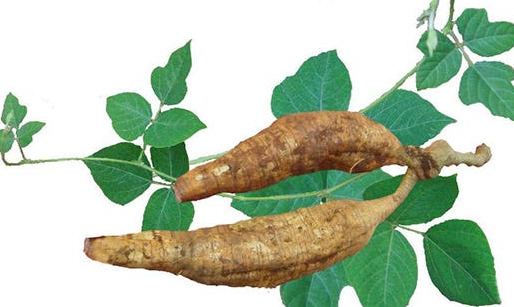
Potential Health Benefits of Kudzu Root
Research on kudzu root has revealed an array of possible health benefits, including:
Alcohol Dependence Studies show that compounds in kudzu root, particularly daidzin, may help curb alcohol cravings and reduce binge drinking by inhibiting alcohol metabolism. More research is still needed though.
Blood Sugar Control The isoflavone puerarin in kudzu root extract powder may help manage diabetes and high blood sugar. It appears to boost insulin sensitivity and regulate glucose levels.
Menopause Relief Estrogenic isoflavones in kudzu root, like puerarin and daidzein, may help ease uncomfortable menopausal symptoms like hot flashes, night sweats, and irritability.
Heart Health Kudzu root extracts may help lower blood pressure, cholesterol, and triglycerides - key markers of heart disease. The mechanism seems to involve dilation of blood vessels.
Muscle Pain Due to its anti-inflammatory effects, kudzu root may alleviate muscle aches and pains as well as joint stiffness. Early studies are promising.
Immunity With its antioxidant content, kudzu root boosts immune function and fights foreign pathogens. It may help prevent colds, flus, and dangerous infections.
Cancer Prevention Test tube research indicates kudzu root extracts may hinder the growth and spread of certain cancer cells, including leukemia, melanoma and breast cancer.
Bone Strength The phytoestrogens and minerals in kudzu root, like calcium, magnesium and silica, may help increase bone mineral density and prevent osteoporosis.
Digestive Aid Kudzu root’s anti-inflammatory effects help settle digestive issues like upset stomach, diarrhea, constipation and inflammatory bowel disease.

Kudzu Root Benefits for Skin and Hair
From a dermatological standpoint, kudzu root may benefit skin and hair in the following ways:
Reduces acne, oil production, and infections - Antimicrobial and anti-inflammatory properties are helpful.
Moisturizes dry skin - Compounds help skin better retain hydration.
Minimizes appearance of pores - Has a mild pore-tightening effect.
Improves elasticity and firmness - Boosts collagen production.
Brightens complexion - Evens out skin tone and enhances radiance.
Slows signs of aging - Antioxidants fight wrinkles and sun damage.
Prevents hair loss - May inhibit an enzyme linked to balding.
Stimulates hair growth - Possible due to improved circulation to follicles.
However, more research involving human subjects is still needed on kudzu root for skin and hair benefits. Consult a dermatologist before using.
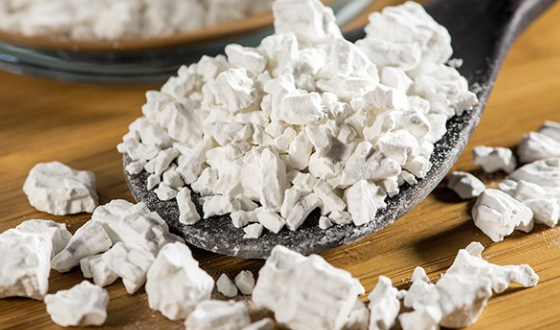
Kudzu Root Benefits for Weight Loss
The potential weight loss benefits linked to kudzu root include:
Lowers blood sugar to minimize fat storage.
Enhances insulin sensitivity for better carbohydrate metabolism.
Provides antioxidants that promote fat burning in the body.
May slightly boost metabolism, but more study is needed.
Suppresses appetite due to fiber and starch content.
Promotes feelings of fullness.
However, human data is currently insufficient to support kudzu root as an effective weight loss aid. As with any supplement, it should not replace conventional weight management strategies like diet, exercise and professional medical treatment.
Kudzu Root Uses
Kudzu root can be utilized in several ways to obtain benefits:
Herbal teas - Add kudzu root powder or steep slices of the root.
Tinctures - Kudzu liquid extracts taken in small doses.
Decoctions - Simmering the root to extract beneficial compounds.
Powder - Added to foods, drinks, or capsules for supplementation.
Soups and broths - Long-cooked with kudzu root slices.
Skincare - Creams and soaps containing kudzu root extracts.
Smoking cessation - Some sources say it curbs nicotine cravings.
Always follow dosage guidelines and watch for side effects. Consult your physician before using kudzu long-term.

Does Kudzu Root Have Side Effects?
When used properly, kudzu root is considered safe for most people. However, potential side effects can include:
Upset stomach, cramping, bloating or diarrhea
Dizziness or headache
Rapid heart rate
Facial flushing
Rash or itchy skin
Breathing problems
Liver damage at high doses
Uterine contractions so avoid when pregnant
May interact with certain medications
Large doses or long-term use may cause dependence and make stopping use difficult due to withdrawal effects. Use cautiously under medical supervision.
Proper Dosage and Precautions
Recommended dosage depends on form:
Kudzu root tea: 3-5 grams dried root steeped, up to 3 times daily
Powder: 1-2 grams per day
Capsules: 500 mg once or twice daily
Liquid extract: 25-100 mg per day
Do not exceed suggested dosing. Take breaks periodically from using kudzu root.
Avoid use if pregnant, breastfeeding, or trying to conceive due to hormone effects. Stop taking 2 weeks before any scheduled surgery. Speak with your doctor before using kudzu root if you have breast cancer, uterine fibroids, hormone-sensitive conditions, diabetes, heart disease, or take medications or herbs.
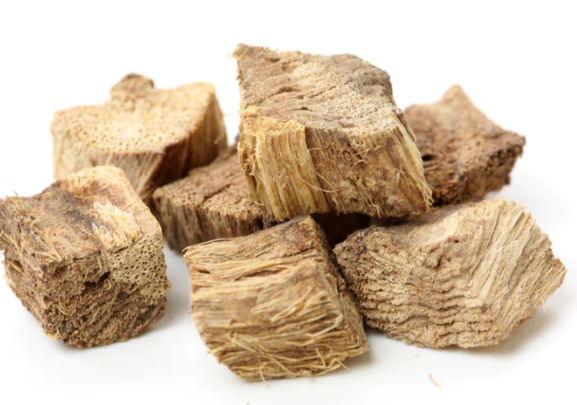
How to Add Kudzu Root to Your Diet?
Get more kudzu root through:
Teas - Steep sliced or powdered root to extract beneficial compounds. Add honey or lemon.
Soups - Simmer the root in bone broths and vegetable soups for an herbal boost.
Salads - Shredded raw root adds fiber, starch and nutrients.
Stir fries - Cook sliced kudzu root with protein and veggies.
Decoctions - Long-cooking root slices in water extracts medicinal compounds.
Powder - Add kudzu root powder to smoothies, oats, yogurt and more.
Capsules - Look for standardized kudzu root extracts in pill form.
Tinctures - Utilize small amounts of kudzu liquid extract under the tongue.
Remember to consult your physician before using kudzu root medicinally or long-term. Follow recommended dosages carefully.
How Does Kudzu Root Make You Feel?
The effects of taking kudzu root can include:
Relaxed, calmer mood
Relief from aches and pains
Less bothered by hot flashes or night sweats
Decrease in alcohol and tobacco cravings
Blood sugar stabilization
Improved digestion and less gut inflammation
Hydration from herbal tea formulations
Sleepiness, if taken in high doses
Headache or dizziness if dehydrated
Reactions can vary based on dosage, duration of use, and individual factors. Pay attention to how you feel when taking kudzu root. Notify your doctor about any concerning symptoms. Avoid operating vehicles or machinery if you feel drowsy.
What is Kudzu Root in Chinese?
In Chinese, kudzu root is called gé gēn. This translates to “bone-joint herb” and refers to kudzu’s traditional use for healing bone fractures and relieving joint pain.
Other Chinese names for kudzu root include gǒu wáng gēn, meaning “dog-baby root”, and shan ge, meaning “mountain root”. The plant is native to China, so kudzu root has a long history in Chinese medicine.
Today, Chinese populations continue using kudzu root to treat conditions like diabetes, menopause, fever, diarrhea, neck stiffness, hypertension, and more. Both the root and flowers are utilized.
We are manufacturer and supplier of kudzu root powder, if you want to buy kudzu root powder wholesale, please contact us at email:info@scigroundbio.com.
References:
[1] Birt, D. F., Hendrich, S., & Wang, W. (2001). Dietary agents in cancer prevention: flavonoids and isoflavonoids. Pharmacology & therapeutics, 90(2-3), 157-177.
[2] Chan, P. C., Xia, Q., & Fu, P. P. (2007). Ginsenoside Re: pharmacological effects on cardiovascular system. Cardiovascular drug reviews, 25(3), 210-224.
[3] Chen, X. W., Serizawa, N., Sato, K., Miura, T., & Terabe, A. (1993). Comparison of potentials to induce or prevent alcohol-drinking behavior between Z-benzylic alcohol derivatives and nature isoflavones in rats. Alcohol and Alcoholism, 28(5), 563-570.
[4] Keung, W. M., Vallee, B. L., & communeot, S. (1998). Kudzu root: an ancient Chinese source of modern antidipsotropic agents. Phytochemistry, 47(4), 499-506.
[5] Lau, C. B., Ho, C. Y., & Kim, C. F. (2005). Use of herbal signals by alcoholic peripheral neuropathy patients. Journal of alternative and complementary medicine, 11(3), 389-398.
About Author

Celine Xu is a botanist with over 15 years of experience researching and developing plant extracts for nutritional and pharmaceutical applications. She leads an R&D team focused on identification, cultivation and extraction of medicinal plants. Celine Xu earned a Ph.D. in Plant Biology has authored numerous articles in peer-reviewed journals about the health benefits of specific phytochemicals. She frequently speaks at industry conferences about new developments in plant extract research. Celine Xu is dedicated to advancing the scientific understanding of how targeted plant compounds can be used to improve human health.
Related Industry Knowledge
- Unlocking the Benefits of Almond Extract Powder for Health and Culinary Delights
- Is it OK to take L-citrulline every day?
- Does L-serine increase serotonin?
- Inulin Foods
- Can you take astragalus on an empty stomach?
- What are the sources of Dihydromyricetin?
- Berberine vs Dihydroberberine
- Fisetin Benefits
- The Benefits and Risks of Intermittent Fasting for Weight Loss and Health
- Do bcaas have calories
